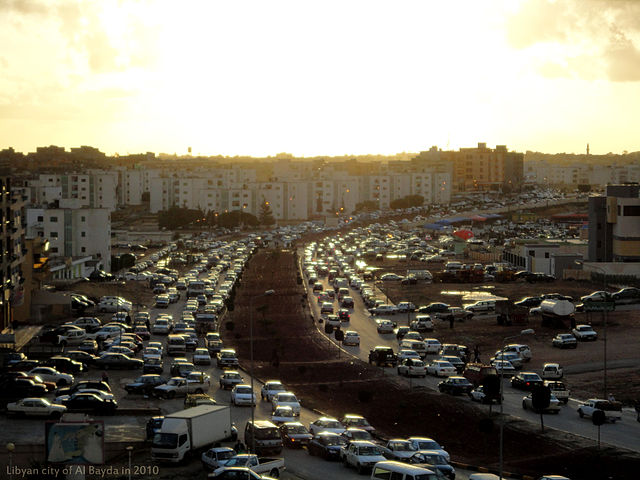Secular elites in eastern Libya are also critical of the double standards of the West when dealing with Arab affairs. According to a professor at Benghazi University, whose office was set on fire by Ansar al-Sharia forces, "While IS is being fought in Iraq and Syria, the West turns a blind eye to its crimes in Libya and supports political Islam, the same umbrella under which IS was founded."
The university was shut down due to bloody fighting in the city, which has been ongoing as part of the worst violence witnessed in Libya since the ousting of Gadhafi.
Officials in Thinni's government told Al-Hayat that the legitimate government is now in control of more than 90% of the oil fields. However, they refused to confirm control over oil revenues, stating that the legitimate government has the right to manage Libya’s assets and funds abroad. They also denied the authenticity of Western reports stating that the oil-rich country is on the brink of bankruptcy.
The interim government admitted, however, that Islamist extremists have their hands on oil fields in the west of the country and on an oil field near Sirte, in addition to four or five oil export ports.
Thinni’s government uses a small airport located around 18 kilometers [11 miles] away from Bayda city in the adjacent village of Abraq to link between the pro-government cities in a country divided by political, military and tribal entities competing over the large oil and gas resources.
From the besieged city of Derna, Islamist extremists infiltrate the forests of Ras al-Hilal and launch heat-seeking rockets and artillery shells to halt air navigation at the airport, which is the main air-escape route for Libyans trying to leave the country.
Only four countries have agreed to receive flights from the airport: Egypt, Tunisia, Jordan and Turkey. The flights are operated by two Libyan airlines, while international airlines have canceled all flights into Libya — a country that has been wracked by chaos and bloody fighting for four years.





